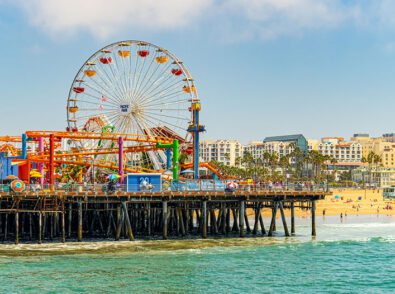
The city of Santa Monica has a longstanding commitment to the environment, and it’s set a goal to achieve zero waste by 2030. It plans to do this through regulations promoting various sustainable methods, including diversion, composting, and recycling. Why Plastic Regulations Are Necessary Single-use plastics pose dangers to our health and the ecosystems we […]
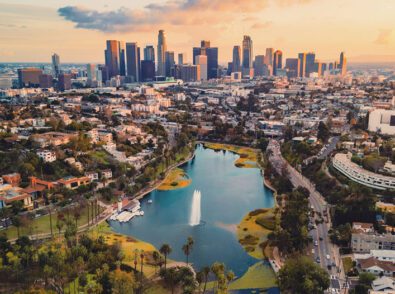
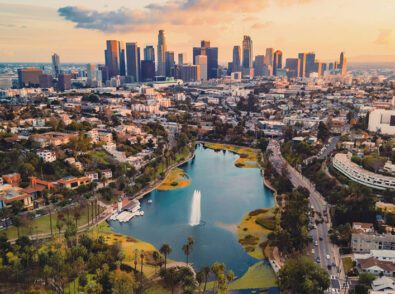
The city of Los Angeles and the wider LA county have been trying to fight an ongoing battle against single-use plastics by implementing various ordinances to curb consumption and promote a culture of sustainability and environmental responsibility among residents. These regulations help control plastic waste and encourage businesses to use more sustainable long-term options. The […]
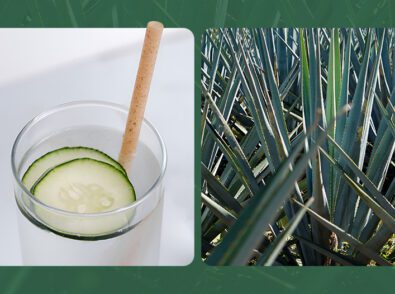
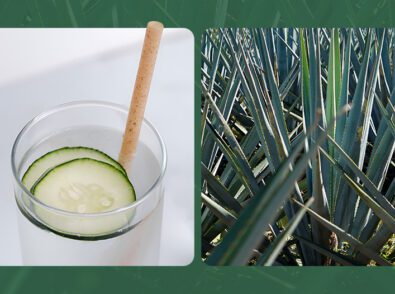
Straws are essential in the foodservice industry, whether you’re selling thick milkshakes, bubble tea, or specialty coffee with whipped cream. Plastic straws, however, are difficult to recycle and not biodegradable, posing a serious threat to the natural environment, wildlife, and humans. Those in the foodservice industry can significantly reduce their carbon footprint by choosing biodegradable […]
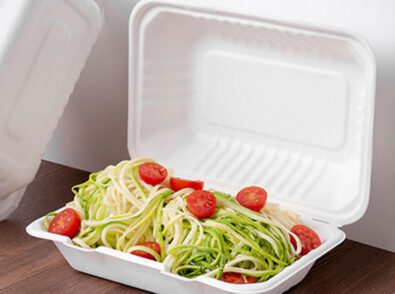
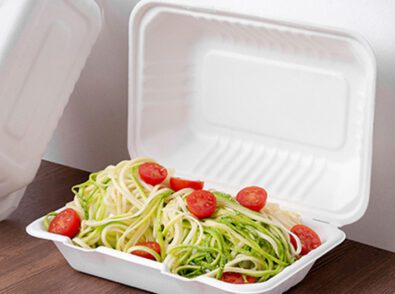
Today, all kinds of alternatives to conventional plastics are popping up in attempts to mitigate pollution, decrease greenhouse gas emissions, and create a more positive impact on the planet overall. One standout alternative is plastic made from plants, known in the industry as bioplastics. These organic plastics are derived from natural resources, giving them several […]
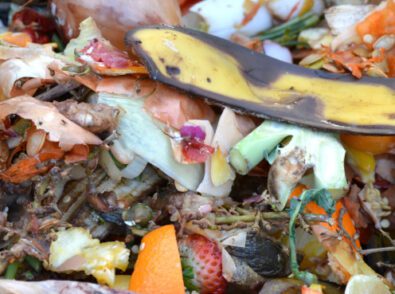

What Does Compostable Mean? Compostable products are products that can undergo aerobic biological decomposition. In other words, they decompose naturally over time in the presence of oxygen. This process can occur in a compost system where all the material breaks down into the basic parts—biomass, water, carbon dioxide (CO2), and inorganic compounds—which are all nutrients the […]


In a linear economy, we get our resources from the earth and discard them as waste when we are no longer using them. This economy is also known as the take-make-replace or take-make-use-dispose. Our current economy is linear, and though that comes with many downfalls, there are ways that we can change that.
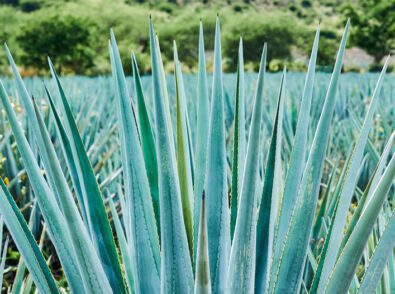

Natural fibers come from plants, animals and natural processes. They are an excellent resource as they are biodegradable and renewable. Since we can grow or extract different natural fibers in various climates across the globe, there are fewer carbon emissions associated with using natural fibers.
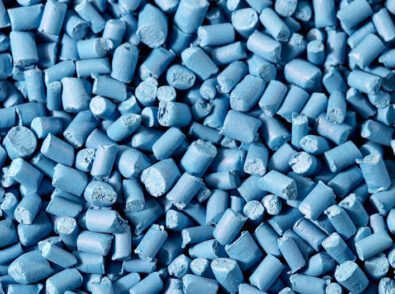

Finding viable alternatives to petroleum-based plastics is essential to fighting climate impact. In the last few years, we’ve seen significant advancements in materials engineering, but one of the most exciting to date is AirCarbon.


When we talk about renewable resources, we’re really talking about sustainability. Renewable resources can be described as anything that renews itself faster than it can be depleted.
Whether referring to raw materials or energy, a renewable source is always better. Creating from a renewable source means we will never run out, harm, or deplete critical habitats that support life on Earth.
